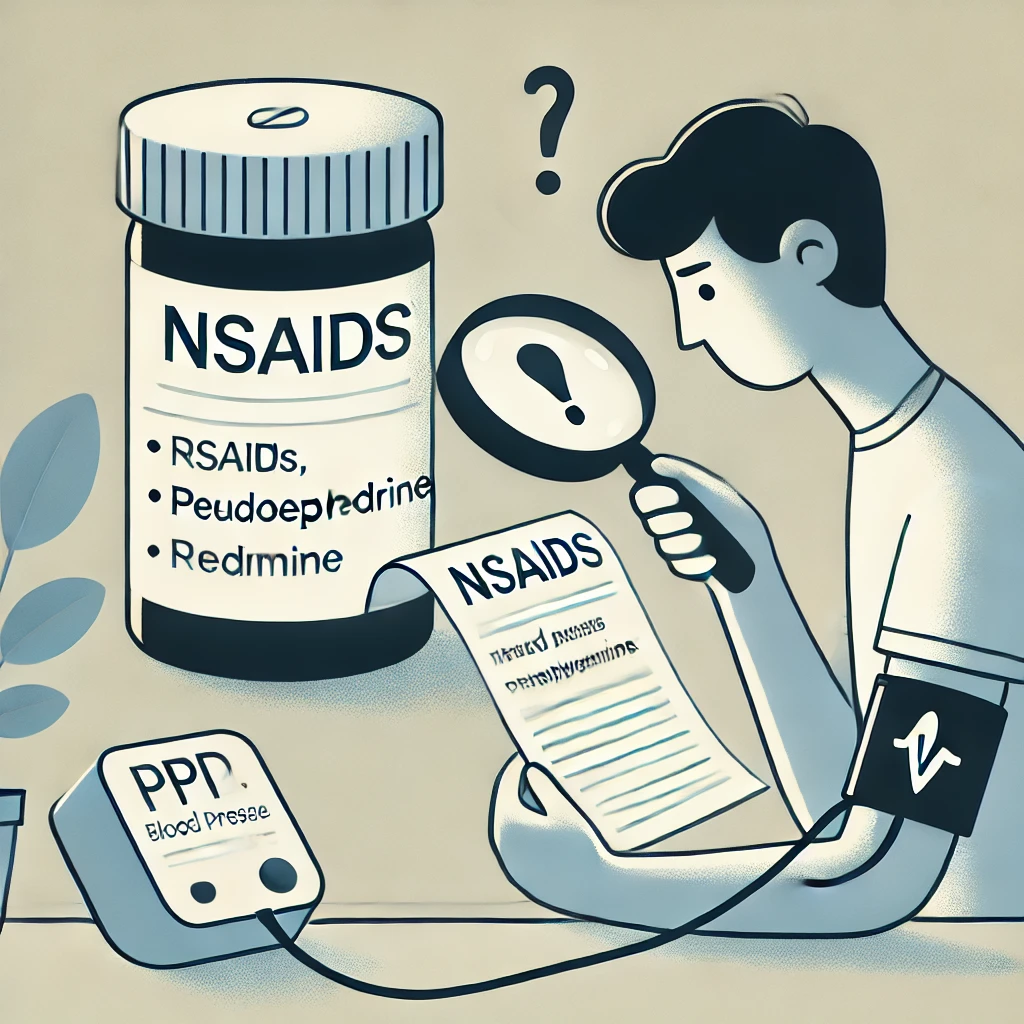Side Effects of Medications on Hypertension
Hypertension, or high blood pressure, is a chronic condition that requires careful management and medication adherence. However, some medications can worsen hypertension or interfere with the effectiveness of blood pressure treatments. This article explains the… Side Effects of Medications on Hypertension
